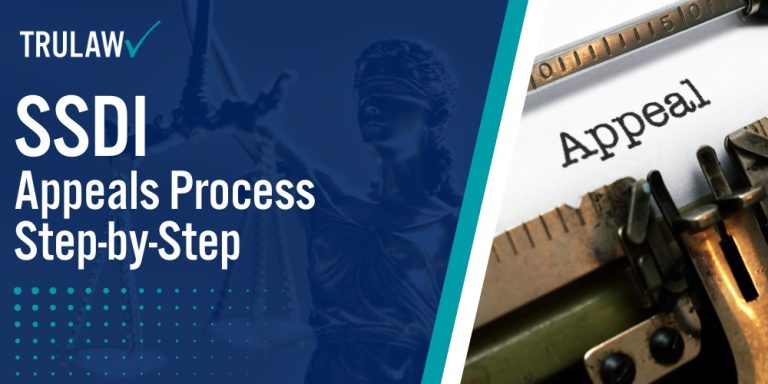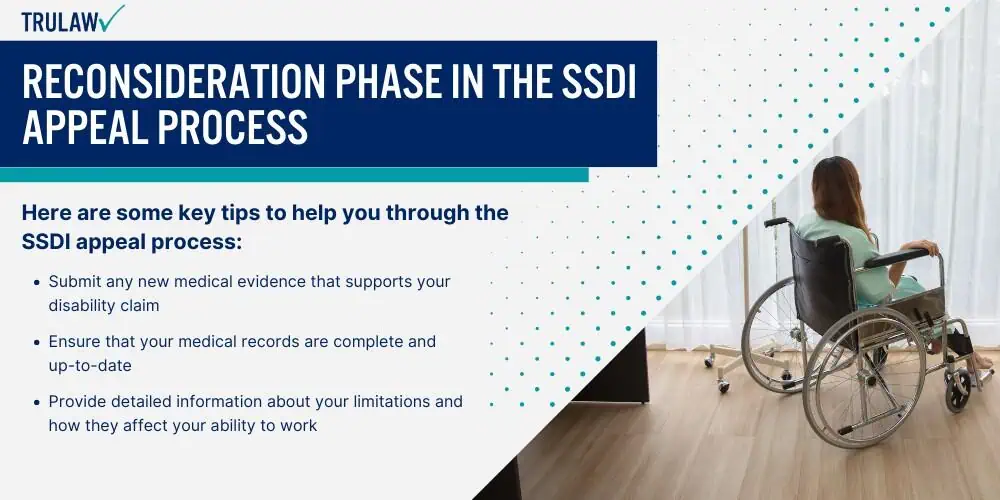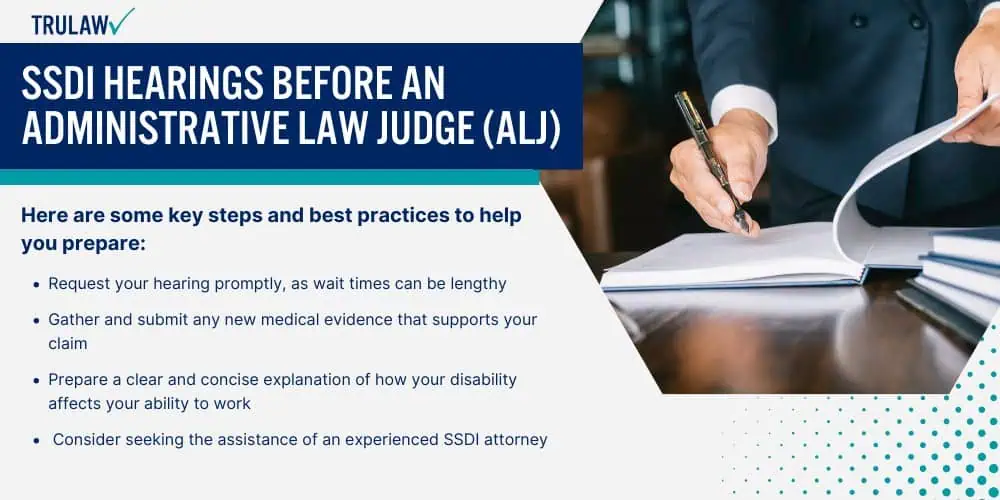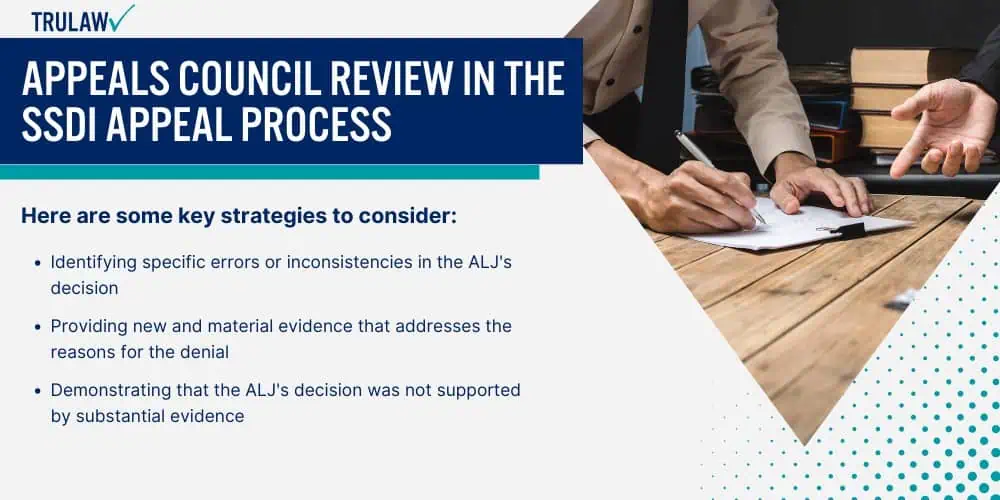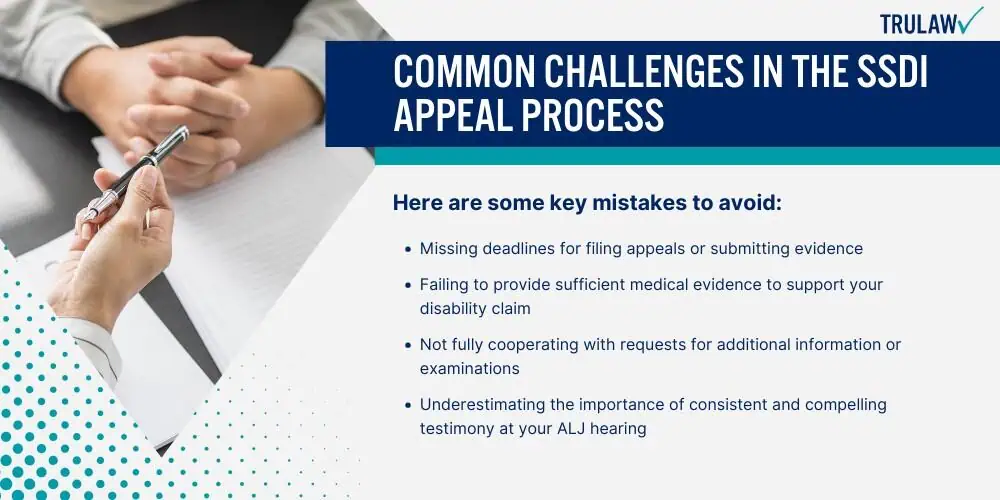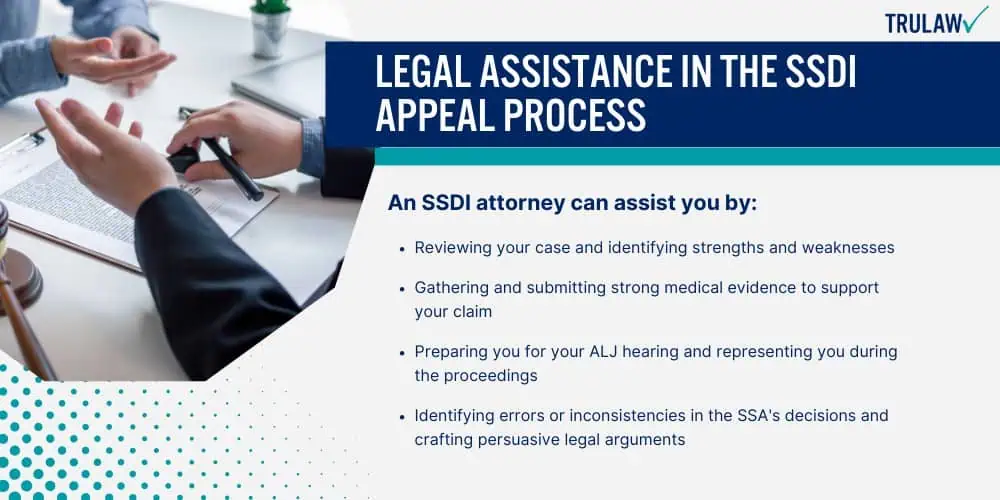After receiving an initial denial of your Social Security Disability Insurance (SSDI) application, it’s important to understand the reasons behind the rejection and gather the necessary documentation to begin the appeal process.
By taking prompt action and following the proper steps, you can increase your chances of a successful appeal for disability benefits.
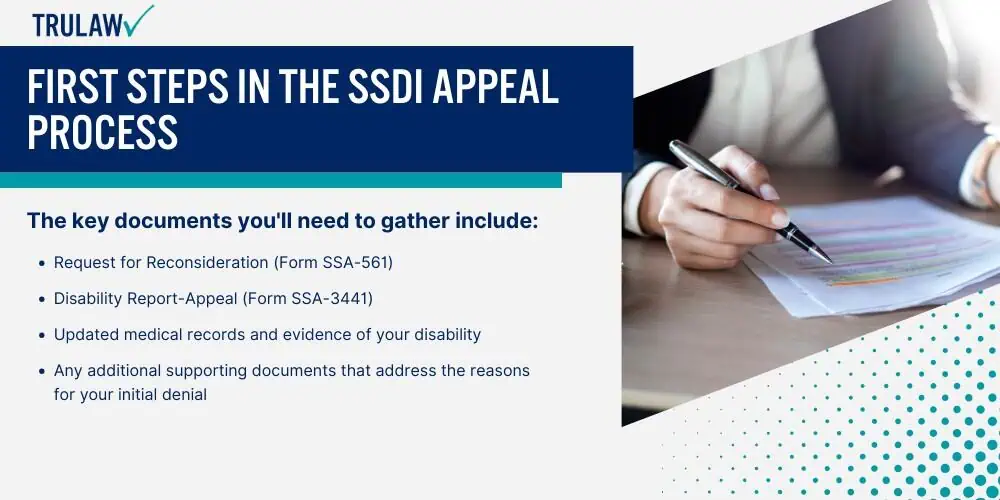
Reasons Your SSDI Application May Be Denied
The Social Security Administration (SSA) may deny your initial social security disability benefits application for various reasons, such as insufficient medical evidence, failure to meet non-medical requirements, or the determination that your disability does not prevent you from working.
Carefully review your denial letter to identify the specific reasons for your application’s rejection, as this information will guide you in strengthening your appeal.
Documentation Required for the SSDI Appeal Process
Collecting and submitting relevant documentation is important when initiating the SSDI appeal process.
This step ensures that you provide the SSA with all the necessary information to reconsider your case and potentially overturn the initial denial.
The key documents you’ll need to gather include:
- Request for Reconsideration (Form SSA-561)
- Disability Report-Appeal (Form SSA-3441)
- Updated medical records and evidence of your disability
- Any additional supporting documents that address the reasons for your initial denial
By providing comprehensive and up-to-date information, you can build a stronger case for your SSDI appeal.
Make sure to submit these documents within the specified timeframe to avoid any further delays in the appeal process.
